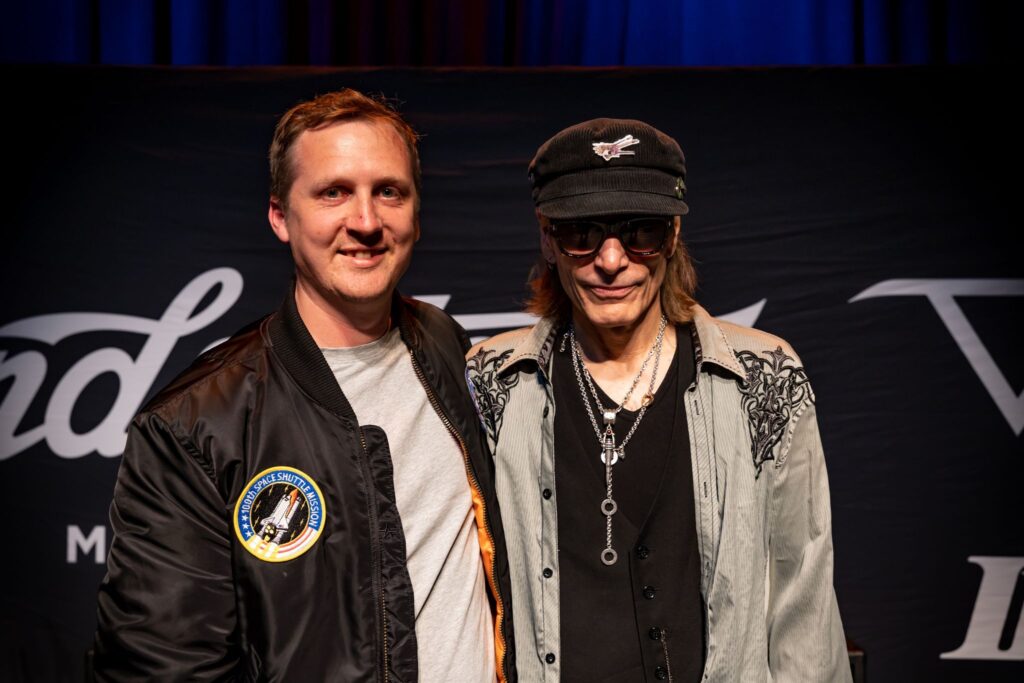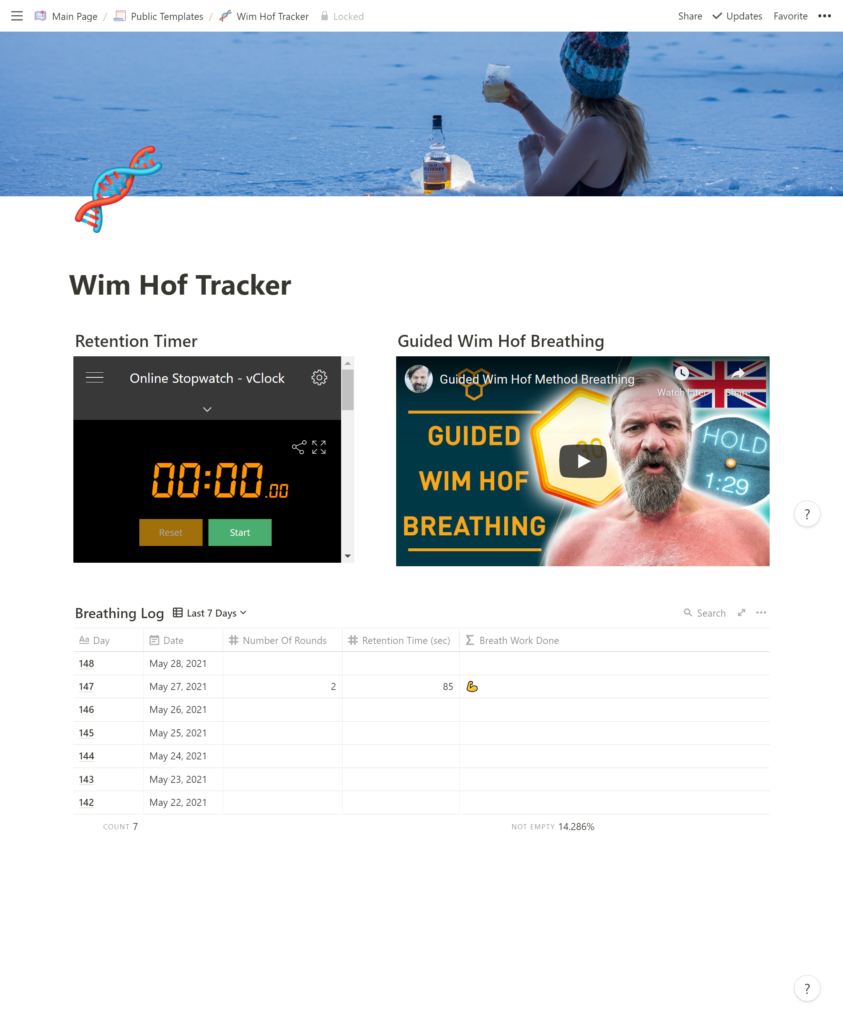I recently stumbled upon Daniel Vassallo's tweet that proposed an intriguing argument:
"I'm pretty convinced that not taking notes makes my mind sharper. The brain is like a muscle. Build a second brain and you'll lose the first one."

This isn't the first time I've come across this idea, and I believe there's some truth to it 👀
A PERSONAL ANECDOTE: THE STEVE VAI MASTERCLASS
Let's imagine you're at a talk, a venue where no phone or recording equipment are allowed. You comfort yourself with the notion of using the good old-fashioned pen and paper to take notes. Then, the lights dim, and you realise note-taking isn't an option!
This was my reality when I attended a Steve Vai masterclass the other week. In that moment, the dilemma was clear: what does an avid note-maker do in such a scenario?

THE POWER OF ACTIVE LISTENING
The answer is simple: Listen and be present.
Coincidentally, this was one of the key topics Steve Vai delved into during his talk.
Being present means not obsessing over memorising every word the speaker says, or planning how to repurpose a potent quote for content, or deliberating how their advice fits into your life.
We need to remind ourselves that for thousands of years, humans have thrived without the ability to record or notate every conversation. I believe this has conditioned us to naturally distil the significant parts of a talk or conversation.
BALANCING THE ‘BRAINS’: WHEN TO USE WHICH
This perspective doesn't mean having a 'second brain' – in the form of note-taking or digital archiving – is detrimental. In fact, my entire personal knowledge management system and journal are inside Obsidian.
However, I see the pros of not taking notes during a talk. Instead, I prefer to let the event sink in and, once it's over, I use AudioPen to capture my reflections.
If you don't know about AudioPen, it takes your unstructured speech and turns it into neat and tidy text.
What's the advantage to capturing your thoughts after an event? I'm likely getting the most impactful points from the talk, coupled with my personal insights – rather than simply echoing the speaker's thoughts.
It's all too easy to just make notes in the speaker's voice. But if you don't make the effort to express your unique thoughts, the purpose of note-taking is defeated.
FINAL THOUGHTS: THE ROLE OF THE FIRST AND SECOND 'BRAINS'
In conclusion, I echo the sentiments of the original tweet: abstaining from note-taking helps keep the 'first brain' sharp.
But, I also see the importance of maintaining a 'second brain' – a private space to navigate and expand on your ideas. It's a practice that, in my opinion, is important and fosters personal growth.
Want to give AudioPen a go? Click the affiliate link: https://audiopen.ai/?aff=BZPJl


